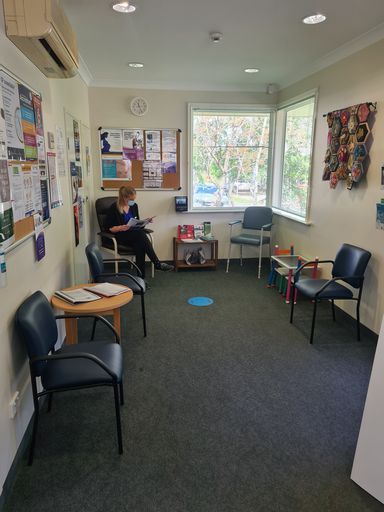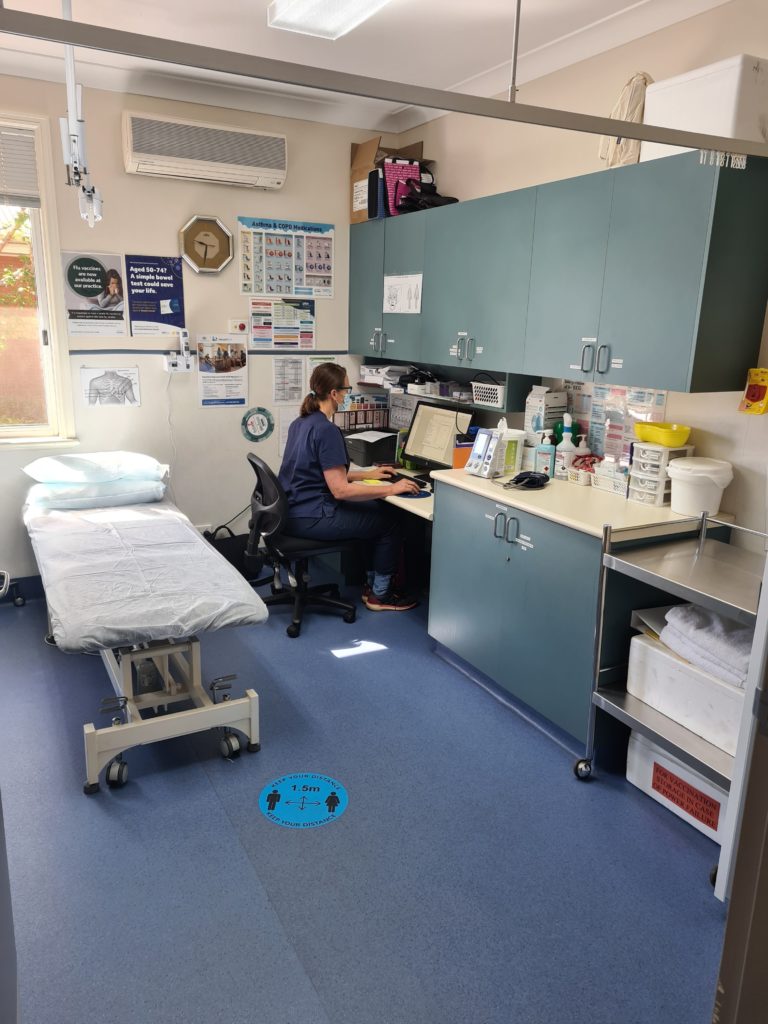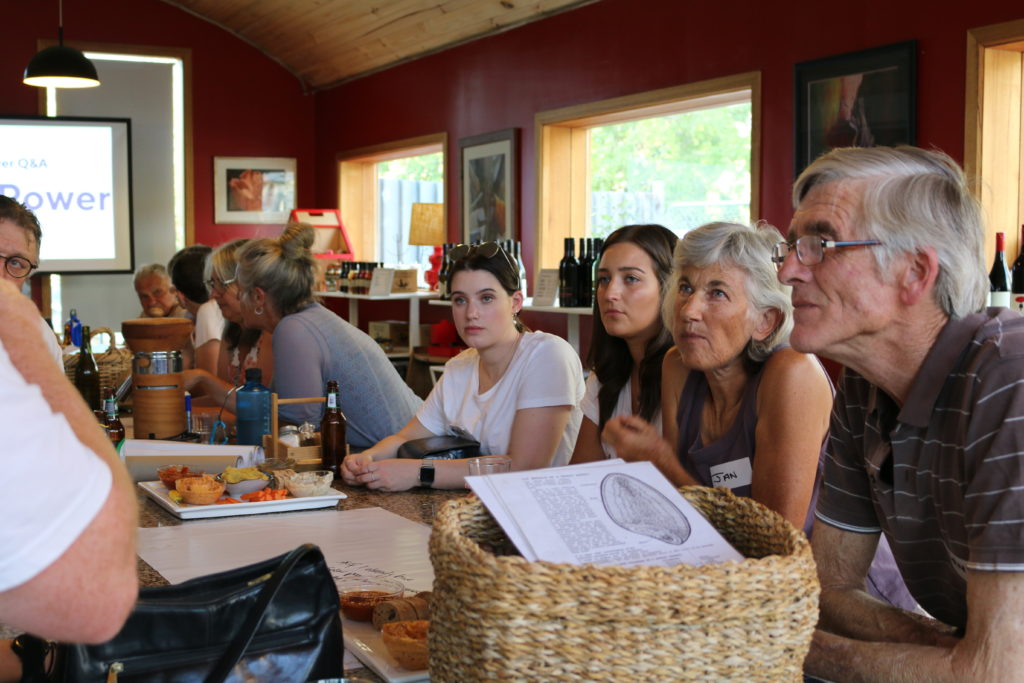Foundation for Rural & Regional Renewal (FRRR)
Yackandandah is a quaint village located in the valleys of the Stanley State Forest in North East Victoria. Known for its gold mining history, the town is well preserved and popular with tourists. However, the impending closure of the towns medical centre looked to be a big blow for full time residents, particularly those living in the Yackandandah Bush Nursing Home.
Without a local ambulance and limited public transport options, older and younger residents alike had their health put at risk by the potential closure of the local medical clinic. Yackandandah Health, who also run the nursing home, stepped in, assuming ownership of it and setting about ensuring that the residents could receive the care they needed.
The clinic was not in the best condition and was only able to operate 1.5 days a week, which is why a $37,367 from FRRR as part of the Caring for Ageing Rural Australians was so important. With a fresh coat of paint and new seats that were safe for the older residents to sit in while being attended to, and a new doctor, the clinic is now able to offer medical care in a comfortable setting five days per week.

Annette Nuck, who is the CEO of Yackandandah Health told the FRRR team; “Yackandandah was at risk of losing their medical centre. This project has enabled us to provide a modern general practice for the community. In the 12 months of operation, we have grown the business to now support two doctors providing care 5 days per week. The practice has also added midwife care services after the community requested this in a survey. We have a practice nurse, practice manager and receptionist – all local people gaining employment in their town.
“The community has supported and embraced the practice. We have over 700 patients registered, with ongoing community support with fundraising to further improve our services.”

Outcomes like this for rural areas are incredibly important. On average, Australians living in rural areas have much poorer health outcomes, live shorter lives and are unable to access the healthcare they need due to distance or availability. Clinics like the Yackandandah Health Medical Centre are vitally important to closing this gap and increasing wellbeing and health outcomes for our ageing rural Australians.
Yackandandah is a small town with a well-preserved history from the gold-mining boom. But it’s also forward-thinking and there was a push to be more sustainable in terms of power generation.
Totally Renewable Yackandandah (TRY) is the town’s driving force behind the push for renewables and increasing local ownership. Every year, millions of dollars leaves the town’s economy each year. TRY received $4,878 from the Australian Communities Foundation’s (ACF), through their FRRR Community Foundation Fundraising Account, to invest in community engagement and education around renewable energy hubs.

Totally Renewable Yackandandah and its partner Indigo Power, initially planned to bring locals together in a series of ‘town hall’ style events to discuss the benefits of a community solar energy hub, as well as the practical side of establishing and maintaining such a facility. While the first of these meetings went ahead, the last two events were converted to online forums due to COVID-19. Turnout was still high, with more than 500 people in total attending the events.
Cambell Klose, who has driven the community project, said the community response was phenomenal. “Every year more than $160 million leaves our region because of people paying their electricity bills; people were really excited to be part of a movement that is changing that.
“Local residents learned what a community energy hub is and how they can use solar to power our region with clean energy, and reduce their power costs. We also covered how to support and undertake community projects, like solar on town halls, to promote renewable energy hubs.”
Cambell also said that the community was very motivated by the sessions.
“Residents wanted to go away and power their local town hall with renewable energy or work to put solar on government housing. It was incredible to see so many local people come together for climate solutions.”
ACF partnered with FRRR to establish a Community Foundation Fundraising Account to streamline the process of making grants to community organisations that don’t hold DGR1 status in remote, rural or regional areas which are conducting charitable activities in line with FRRR’s purposes.
If you’d like to explore having a Fundraising Account for your community project, contact Jo Kemp, FRRR’s Philanthropic Services Manager.

